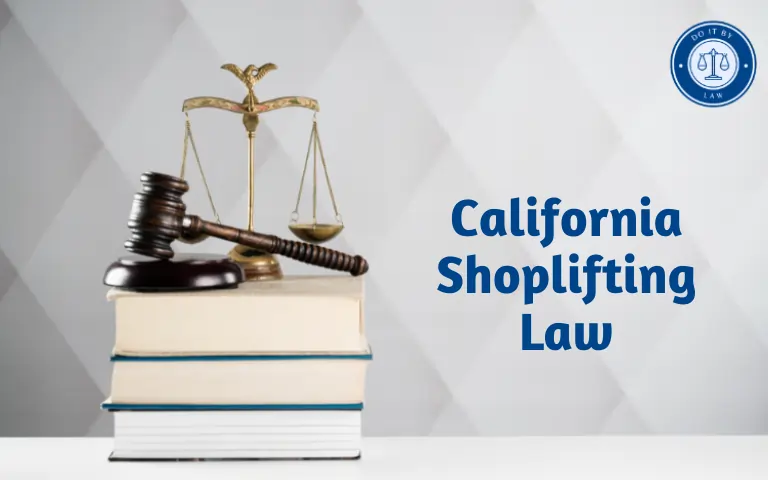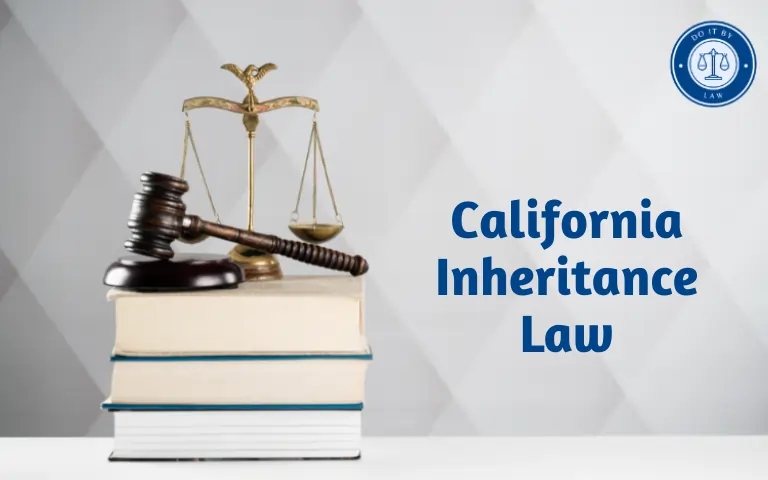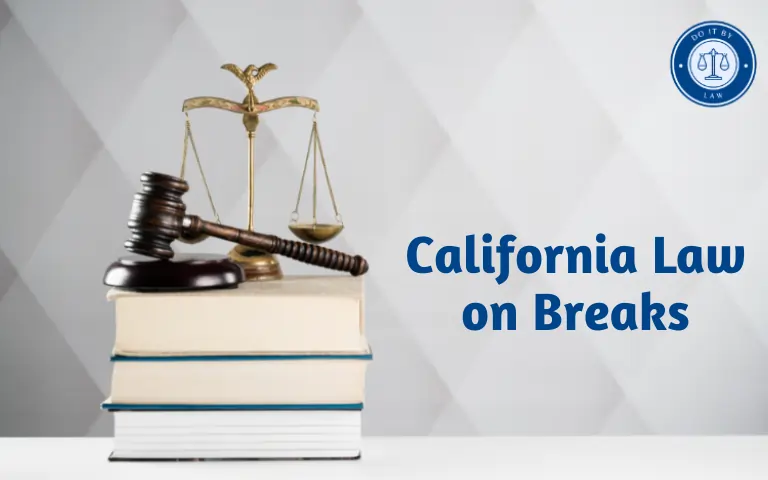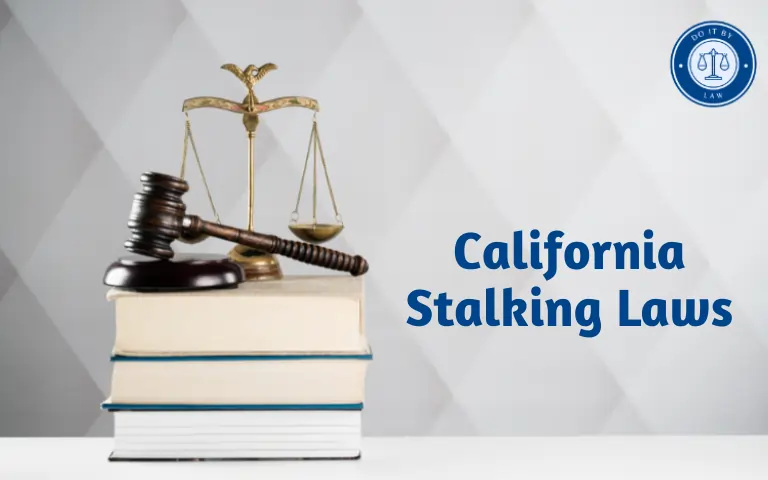California Unfair Competition Law: What You Need to Know
The California Unfair Competition Law (UCL) is a broad consumer protection State law that prohibits unlawful, unfair, or fraudulent business acts or practices and false or misleading advertising. Here is what you need to know about this important law.
When Was the Law Enacted and Why It Exists
The origins of the UCL date back to the 1800s. California Civil Code Section 3369, enacted in 1872, was an early unfair competition statute. It was intended to protect businesses from unfair practices by competitors.
Over time, the scope expanded to also protect consumers. In 1933, California voters approved an initiative allowing consumers to sue under the law. In 1977, the California Supreme Court confirmed that the law applies to protect consumers from “fraud and deceit.”
The current version of the UCL was enacted in 1977 when the legislature moved it from the Civil Code to the Business and Professions Code. The stated legislative intent was to strengthen laws against unfair business practices.
So in summary, the UCL exists to protect both consumers and law-abiding businesses by prohibiting fraudulent, unfair, or unlawful practices by other businesses. It helps maintain a fair, ethical, and competitive marketplace.
Who the Law Applies To
The UCL applies very broadly to any person or company doing business in California. This includes:
- Businesses physically located in California
- Out-of-state businesses that sell products or services to California consumers
- Businesses that advertise to California consumers
Even if a business is not based in California or does not directly do business here, it can still be sued under the UCL if its actions have harmed California consumers or businesses.
Key Provisions and Restrictions
The UCL prohibits five types of unfair competition:
- Unlawful business acts or practices: Violating any law, including federal and state statutes, regulations, and even local ordinances. Some examples are false advertising, trademark infringement, anti-trust violations, or violating licensing requirements.
- Unfair business acts or practices: Conduct that is unethical, unscrupulous, offensive to public policy, or causes injury to consumers or competitors. Examples include misleading advertising, breaching fiduciary duties, or refusing to deal fairly.
- Fraudulent business acts or practices: Deceptive, untrue, or misleading advertising likely to deceive consumers. Some examples are bait-and-switch offers, making false statements about products, or failing to disclose important information to consumers.
- Unfair, deceptive, untrue, or misleading advertising: False or misleading advertising falls under this provision even if it does not rise to the level of fraud.
- Any act prohibited by false advertising statutes: Violating California false advertising laws related to untrue, misleading, or deceptive statements (California Business and Professions Code Sections 17500-17577.5).
In addition to meeting one of those five criteria above, the defendant’s conduct must also cause economic harm or injury.
The law does not just target anti-competitive business practices. Its main purpose is to protect consumers from illegal, unethical, or harmful business practices.
Penalties for Violating California Unfair Competition Law
There are several potential penalties for UCL violations:
- Injunctive Relief: A court order prohibiting unlawful, unfair, or fraudulent business practice. This stops the company from continuing the violations.
- Restitution: Requires the defendant to return any money or property acquired through the unfair competition. This restores victims to the position they would have been in had the violation not occurred.
- Civil Penalties: Fines up to $2,500 per violation. In an action brought by a government prosecutor, the penalties go to the government. In a private action, the penalties are split between the plaintiff and the government.
- Attorney’s Fees and Costs: Plaintiffs can recover reasonable attorney’s fees and costs. This encourages attorneys to represent UCL victims.
- Enhanced Damages: Plaintiffs may recover enhanced damages up to three times their actual damages in some cases. This further deters unfair practices.
In egregious cases, unfair competition may also be prosecuted as a misdemeanor punishable by up to 6 months in county jail.
California Unfair Competition Law Recent Changes and Proposed Changes
There have been several recent changes and proposed changes to strengthen the UCL:
- November 2022 – Voters Reject Proposition 30: This ballot initiative would have allowed additional private enforcement of the UCL related to certain environmental violations. Voters rejected this measure.
- January 2024 – AB 1964 Takes Effect: This new law directs civil penalties from UCL actions to a new Victims of Consumer Fraud Restitution Fund. This fund will help compensate victims of consumer fraud.
- Proposed – SB 785: This pending bill would increase civil penalties to $5,000 per violation. It remains in committee review.
- Proposed – AB 1295: This bill would expand the statute of limitations from 4 to 5 years. It remains in committee review.
So while major changes have not yet passed, there are ongoing legislative efforts to expand this consumer protection law.
California Unfair Competition Law Controversies and Challenges
There has been some controversy around the UCL:
- Overly broad application: Critics argue “unfair” or “unlawful” has been interpreted too broadly. Almost any business practice violation could become an unfair competition claim.
- Lack of causation required: Plaintiffs don’t have to prove a specific misleading advertisement caused their harm. Some argue this leads to frivolous lawsuits.
- Settlement pressure on business: The cost of litigation and the threat of high penalties can pressure businesses to settle questionable cases.
- Class actions: Plaintiffs can sue on behalf of the general public, even without class certification requirements. Businesses complain this facilitates shakedown lawsuits.
In 2004, California voters passed Proposition 64 to limit private enforcement actions under the UCL. Since then, only plaintiffs who were injured and lost money/property can sue. This reduced frivolous lawsuits. Additional changes may occur through legislation or ballot initiatives.
Conclusion and Key Takeaways
In conclusion, here are some key takeaways about California’s Unfair Competition Law:
- It broadly prohibits fraudulent, unfair, or unlawful business practices to protect consumers and ethical businesses
- This applies very widely to any business affecting California, even out-of-state companies
- Permits private civil actions and public prosecutor actions
- Allows injunctive relief, restitution, civil penalties, and attorney’s fees as remedies
- Has been controversial but changes have reduced frivolous lawsuits
- Remains an active area of legislation to strengthen consumer protections
Businesses doing anything in California should ensure they understand and comply with this law. Consumers and ethical businesses still have a powerful tool to stop unscrupulous practices harming Californians.





